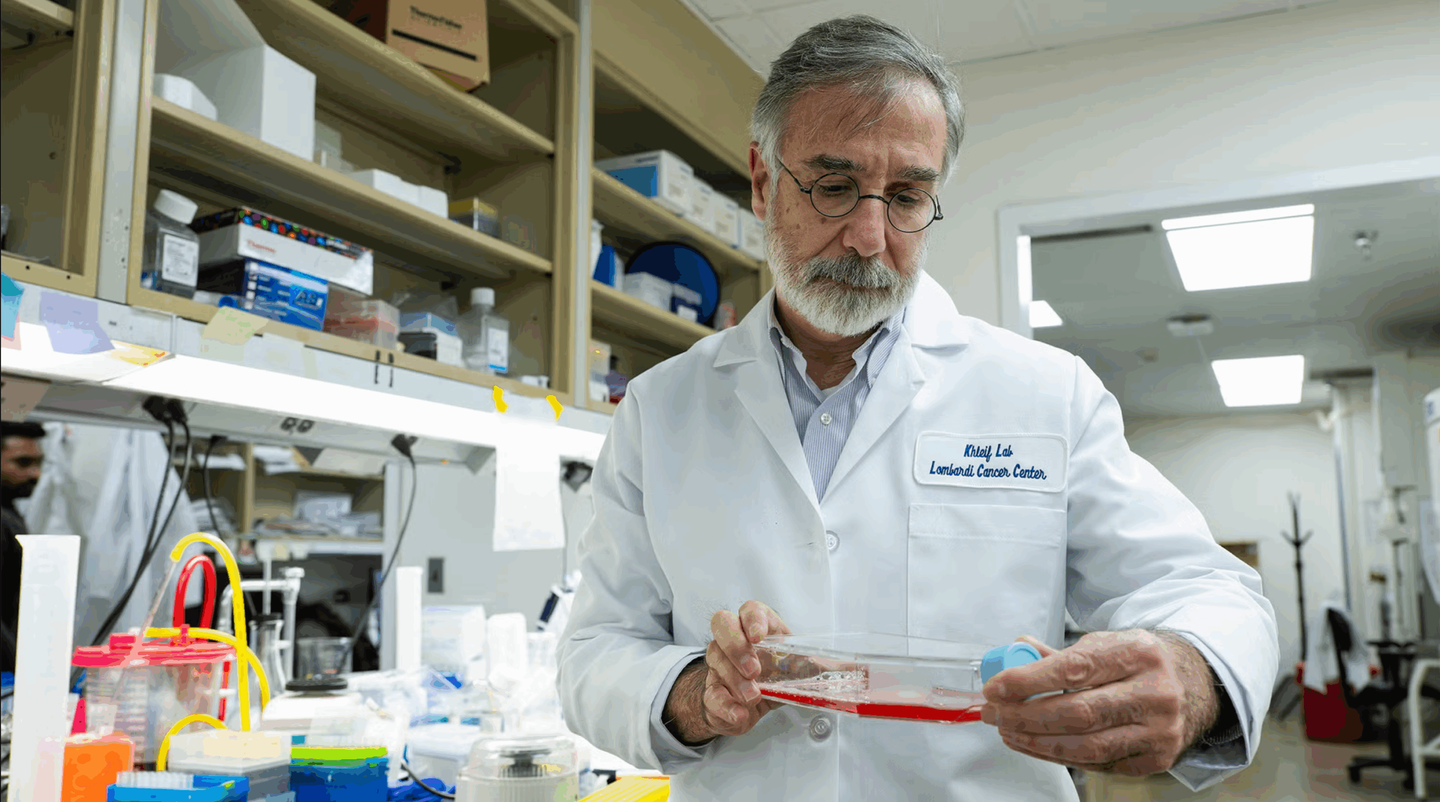New study finds high-salt diet triggers brain inflammation and hypertension
A high-salt diet may inflame the brain and trigger hypertension, according to new research from McGill University.

Too much salt inflames the brain and raises blood pressure, McGill scientists find. (CREDIT: CC BY-SA 4.0)
Salt has always been linked to high blood pressure, but scientists are now discovering that the real culprit may not be just the kidneys. A groundbreaking study from McGill University shows that too much salt can inflame your brain, which then causes your blood pressure to rise.
Most doctors have believed for decades that hypertension starts in the kidneys or blood vessels. But this new research, led by McGill scientist Masha Prager-Khoutorsky and published in Neuron, tells a different story. It suggests that in some cases, the brain might be to blame—and treating the brain could help millions of people who don’t respond to common blood pressure medications.
“This is new evidence that high blood pressure can originate in the brain, opening the door for developing treatments that act on the brain,” said Prager-Khoutorsky, an associate professor in McGill’s Department of Physiology.
For people over 60, high blood pressure—or hypertension—is a major concern. Nearly two out of every three adults in that age group deal with it. It often comes with no symptoms at all, but it can raise the risk of stroke, heart attacks, kidney failure, and death. It contributes to more than 10 million deaths around the world each year.
While there are many medications to treat high blood pressure, about one-third of patients don’t see much improvement. This group, known as “treatment-resistant,” often needs stronger solutions. The new findings could offer a path forward by exploring how salt affects the brain.
What Happens in the Brain with Too Much Salt?
The research team studied the brains of rats fed a diet that mimicked the high-salt intake many humans consume through fast food and processed snacks. The rats were given drinking water with 2% salt—similar to eating lots of bacon, ramen, or cheese every day.
Related Stories
- Too much salt can harm your mind, not just your heart
- Most people with heart disease consume too much salt, study finds
Using advanced brain imaging and lab tools, the scientists found that the high-salt diet activated immune cells in a part of the brain that controls important body functions. These immune cells triggered inflammation. As a result, levels of a hormone called vasopressin shot up. Vasopressin is responsible for tightening blood vessels and holding onto water in the body—two things that can quickly raise blood pressure.
This inflammation and hormone surge didn’t take long. The changes were visible soon after the rats started the salty diet.
“The brain’s role in hypertension has largely been overlooked, in part because it’s harder to study,” said Prager-Khoutorsky. “But with new techniques, we’re able to see these changes in action.”
Researchers often use mice for brain studies, but this study chose rats for a reason. Rats handle salt and water balance more like humans do, making the findings more relevant for understanding human health.
This makes the study stand out from others. While earlier research hinted at the brain’s role, this study directly connected dietary salt to brain inflammation and rising blood pressure.
Why the Study Matters for Real People
If high blood pressure really begins in the brain for some people, then focusing only on the kidneys or heart might miss the mark. Many current medications work by relaxing blood vessels or helping the kidneys remove salt and water. But if the brain is also involved, then it might explain why those drugs don’t work for everyone.
By identifying how salt affects specific brain circuits, the study opens the door to new treatments. These might block the brain’s immune response or lower vasopressin levels in a targeted way.
“About a third of patients don’t respond well to traditional drugs,” said Prager-Khoutorsky. “This might explain why—and give us a new path forward.”
For example, someone with long-term high blood pressure who isn’t helped by medication might be reacting to a brain-based cause. With the right tools, doctors could eventually identify that and try a new kind of treatment.
That could be a game changer for millions of people around the world, especially older adults or those with other medical conditions.
The Next Frontier in Hypertension Research
This study might be just the beginning. The team at McGill is now planning to look into whether the same kind of brain activity occurs in other types of hypertension—not just the salt-related kind.
Understanding the brain’s involvement could also help scientists rethink the way blood pressure is diagnosed and treated in the future. It could also lead to more personalized care. Instead of treating everyone with the same blood pressure pills, doctors might use scans or lab tests to figure out where the problem is coming from: the kidneys, the blood vessels, or the brain.
That would mark a big shift in how one of the world’s most common conditions is treated.
There are still many questions left to answer. For example, how long does it take for brain inflammation to go down if someone cuts back on salt? Can the brain fully recover? Will future drugs be able to block this specific immune response?
But this study provides clear evidence of one thing: the brain matters a lot more than we thought when it comes to blood pressure.
It also offers another reason to cut back on processed foods. A high-salt diet doesn’t just affect your waistline or your heart. It can directly harm your brain in ways you might not notice—until it’s too late.
With the help of modern imaging tools and a better understanding of how the brain works, the future of treating hypertension might finally be expanding beyond the usual suspects.
Note: The article above provided above by The Brighter Side of News.
Like these kind of feel good stories? Get The Brighter Side of News' newsletter.



